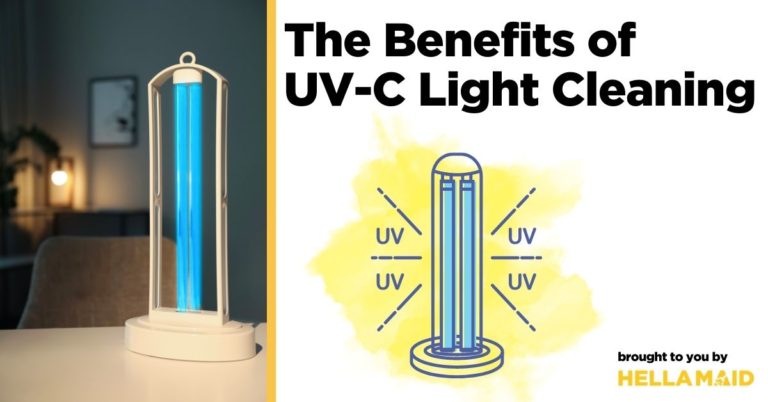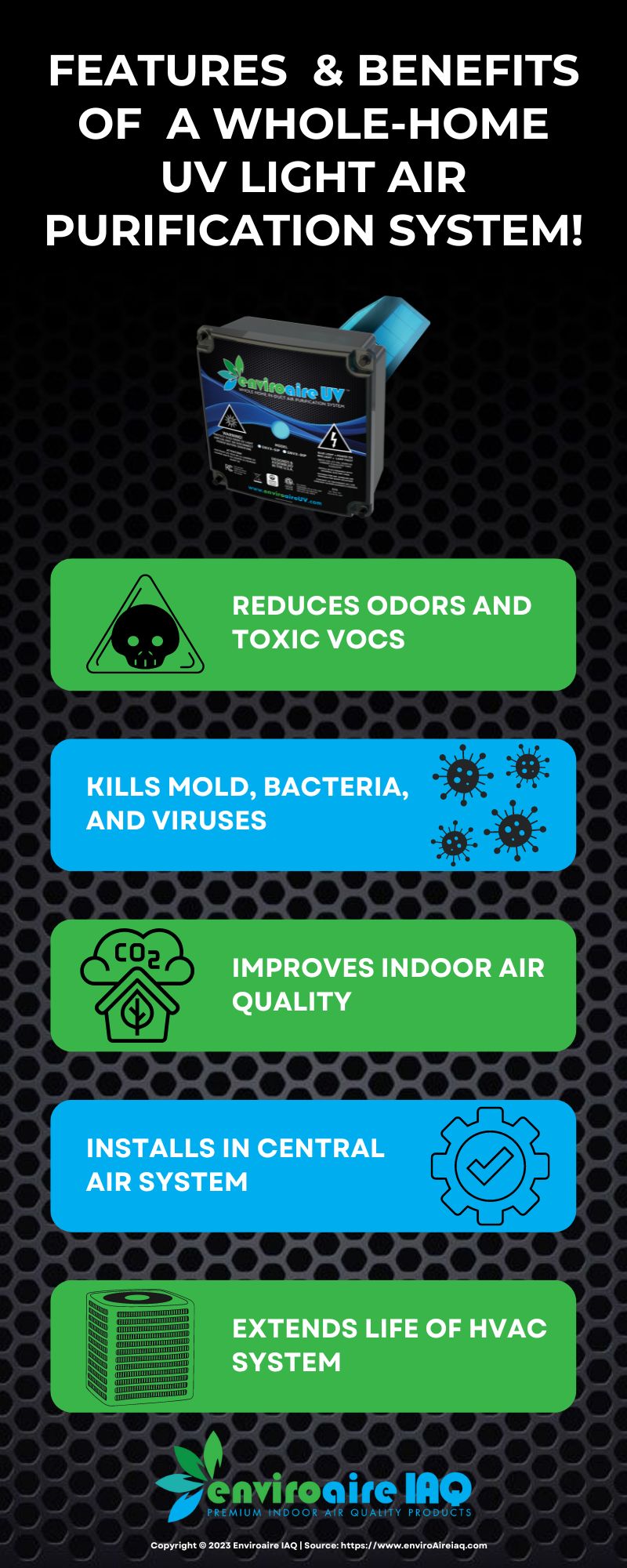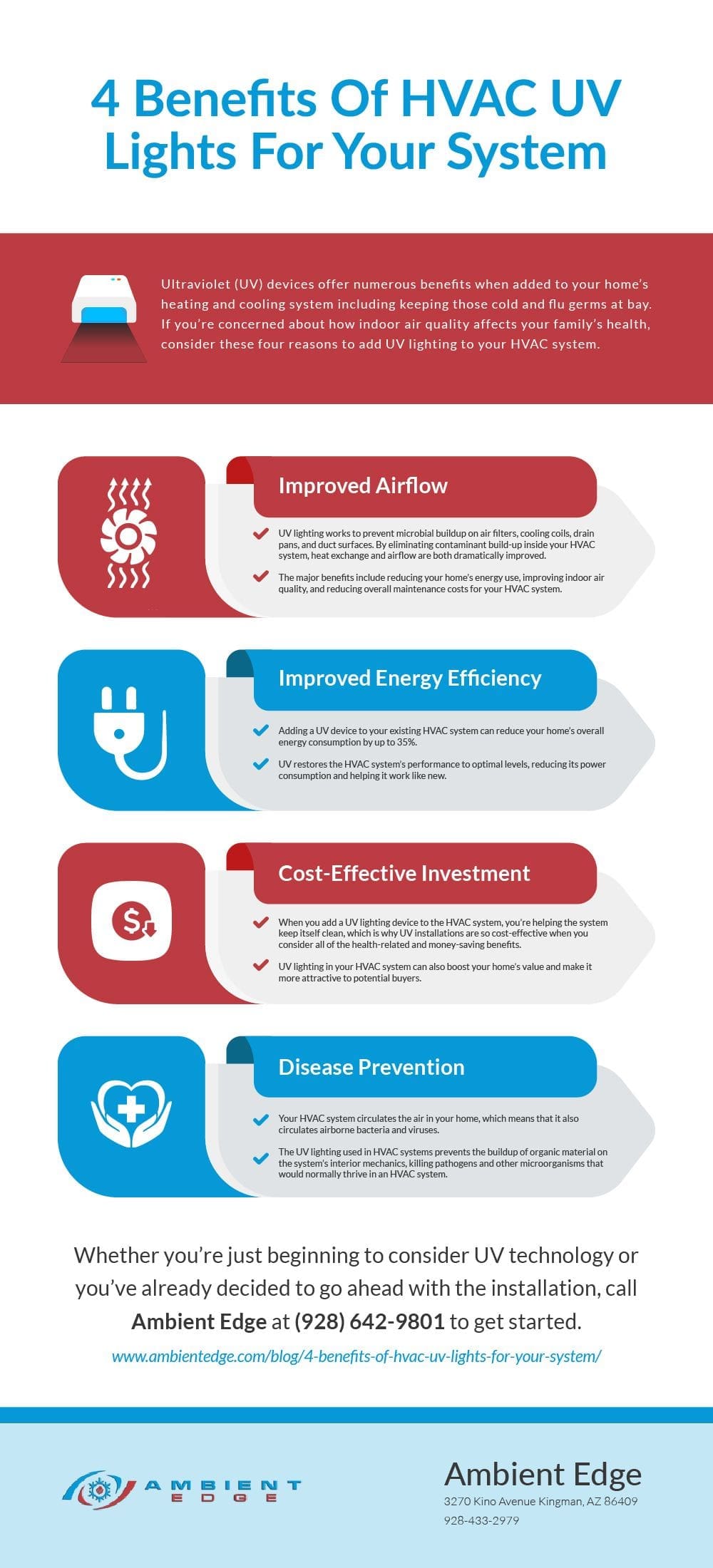The Main Principles Of Uvc Light
Table of ContentsNot known Incorrect Statements About Uvc Light 5 Easy Facts About Uvc Light ShownThe 2-Minute Rule for Uvc LightNot known Details About Uvc Light The Main Principles Of Uvc Light The Only Guide to Uvc Light
A new kind of ultraviolet light that may be risk-free for individuals took less than five mins to reduce the level of interior air-borne microbes by more than 98%, a joint research by researchers at Columbia University Vagelos College of Physicians and Surgeons and in the U.K. has actually located. Even as microbes remained to be splashed right into the room, the level stayed really reduced as long as the lights were on.Yet till now these research studies had actually just been conducted in small experimental chambers, not in full-sized spaces resembling real-world conditions. In the current study, scientists at the College of St. Andrews, College of Dundee, University of Leeds, and Columbia University evaluated the effectiveness of far-UVC light in a huge room-sized chamber with the very same air flow price as a regular home or office (about three air changes per hour).
The efficacy of different approaches to reducing indoor infection degrees is generally gauged in regards to equal air adjustments per hour. In this research study, far-UVC lights created the equivalent of 184 comparable air exchanges per hour. This exceeds any type of other method to disinfecting occupied interior rooms, where 5 to 20 comparable air adjustments per hour is the best that can be achieved almost.
8 Easy Facts About Uvc Light Explained

The main criteria of UV-C disinfection are wavelength, dose, relative moisture, and temperature. There is no consensus concerning their optimum values, however, in general, light at a high dose and a range of wavelengths consisting of 260 nm is preferred in a setting at area temperature with reduced loved one moisture. This light can be produced by mercury-vapour, light-emitting diode (LED), pulsed-xenon, or excimer lights.
UV-C sanitation systems have promising attributes and the potential to improve in the future. UV-C sanitation ought to currently be considered for low-level rather than top-level disinfection.
One more application occurred in 1910 when UV light was utilized to sanitize water. Nowadays, UV light is utilized for water, air, food, surface, and medical equipment disinfection.
Not known Facts About Uvc Light
DNA, RNA, or proteins of a micro-organism absorb UV light, with a peak absorbance around 260 nm [6] This leads to the disruption of DNA or RNA, leading to the inactivation of the micro-organism. UV-C-induced DNA disturbance commonly includes the bonding of 2 neighbouring thymine (or cytosine) bases rather of the conventional connecting of a base with its complementary base on the various other strand.

Dark repair service, on the other hand, calls for multiple enzymes and nutrients for power [6] It is important to you can find out more recognize whether final inactivation outcomes have actually thought about the event of reactivation given that it may lead to 60% of the achieved inactivation being reversed [7] In addition, mutations can develop upon UV-C exposure because this contact form this direct exposure can result in the origination of intra-strand cyclobutyl-pyrimidine dimers in DNA [ 6] The UV-C area is made use of for disinfection however there is no agreement on the specific optimal wavelength. Bacterial DNA and RNA have peak absorbances of light at 260265 nm and around 260 nm, specifically [6] Therefore light at 260 nm can cause one of the most disturbance. Various micro-organisms are most susceptible to somewhat various wavelengths.
Little Known Facts About Uvc Light.
On the various other hand, it has technological ramifications considering that the total power of the light beam is after that divided over all existing wavelengths. A micro-organism that is susceptible to 254 nm light will certainly be inactivated more by a light that gives off only light at 254 nm than a lamp that emits a wavelength range at equivalent overall power.
Direct exposure times of 1045 min for space sanitation and 25 s to 5 min for medical tools were visit here encountered in literature.
Additionally, the result of a lamp reduces gradually, so it is recommended to calculate the dose at the end of light life, which is rep of a worst-case scenario. The dose likewise affects the quantity of photoreactivation. Quek et al. located that the percentage of photoreactivation reduced from 5.31% to 0% for a rise in dosage from 1.6 to 19.7 mJ/cm2 [8]
The impact of temperature level depends on the light source.
Little Known Facts About Uvc Light.


This is recognized as far UV-C technology and is a fairly new disinfection approach with restricted knowledge concerning its effectiveness.
In research study, the results on pulsed versus continual UV-C disinfection performance vary. When contrasting pulsed and continual light it is essential to keep various other variables such as wavelength and dose consistent. Nyangaresi et al. and Sholtes et al. both located that pulsed or continuous light given off by LEDs brought about comparable log10 reductions [15,28]
6 Easy Facts About Uvc Light Shown
In case ozone is not required for sanitation, a modified lamp can be utilized. For mercury-vapour lamps, doped quartz glass or specialized soft glass can filter out short-wave UV-C light - uvc light.